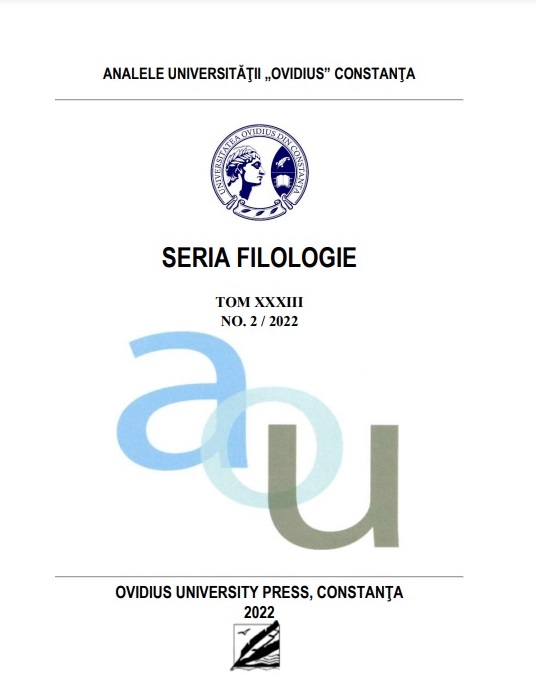Two Sustainability Models and Two Investigative Journalism Outcomes: The Chance to be Informed
Two Sustainability Models and Two Investigative Journalism Outcomes: The Chance to be Informed
Author(s): Raluca Petre, Mădălina JACOTĂSubject(s): Language and Literature Studies, Media studies, Philology, ICT Information and Communications Technologies
Published by: Ovidius University Press
Keywords: investigative journalism; sustainability; Romania; civil society journalism; RISE Project; commercial journalism; Replica Online;
Summary/Abstract: Among the many genres of journalism, investigative journalism can be considered the jewel in the crown given its depth, sophistication, and relevance. In principle, investigative journalism is a practice that is part of the civil control of power in a democratic polity. It helps reveal the breaking of moral, legal, and customary norms in order to restore them to their rightful normative position (deBurgh). Journalism is a modern practice that aims to inform the citizens and enhance their ability to take part in public life. In a classical, functionalist and normative understanding, the information function of journalism refers to the capacity of citizens to control their environment and ultimately their life (Coman). In this paper we explore investigative journalism in Romania, a fairly new democracy that emerged out of an authoritarian regime three decades ago. In this vein, we systematically analyse journalistic investigations of two online media enterprises, one of the global civil society, the other with a local commercial base. Our premise is that the output of any enterprise is resource dependent, and this is our main area of problematisation. The exploratory hypothesis is that given the substantial differences between their sustainability models, the investigative output is different as well. But how different are the investigations of these two media enterprises, and what are the main categories of distinction? We believe the answer to this question sheds light on how much information and control a regular citizen of Romania can hope to have on power and over his/her own life. We can further understand what type of exposure and consumption is the most effective for a genuine chance to be informed. In order to answer the main research question, we performed a content analysis of all investigations published by the selected media outlets in the first five months of 2021,corroborated with three semi-structured interviews with three journalists from the selected media enterprises.
Journal: Analele Universităţii Ovidius din Constanţa. Seria Filologie
- Issue Year: XXXIII/2022
- Issue No: 2
- Page Range: 424-440
- Page Count: 17
- Language: English

